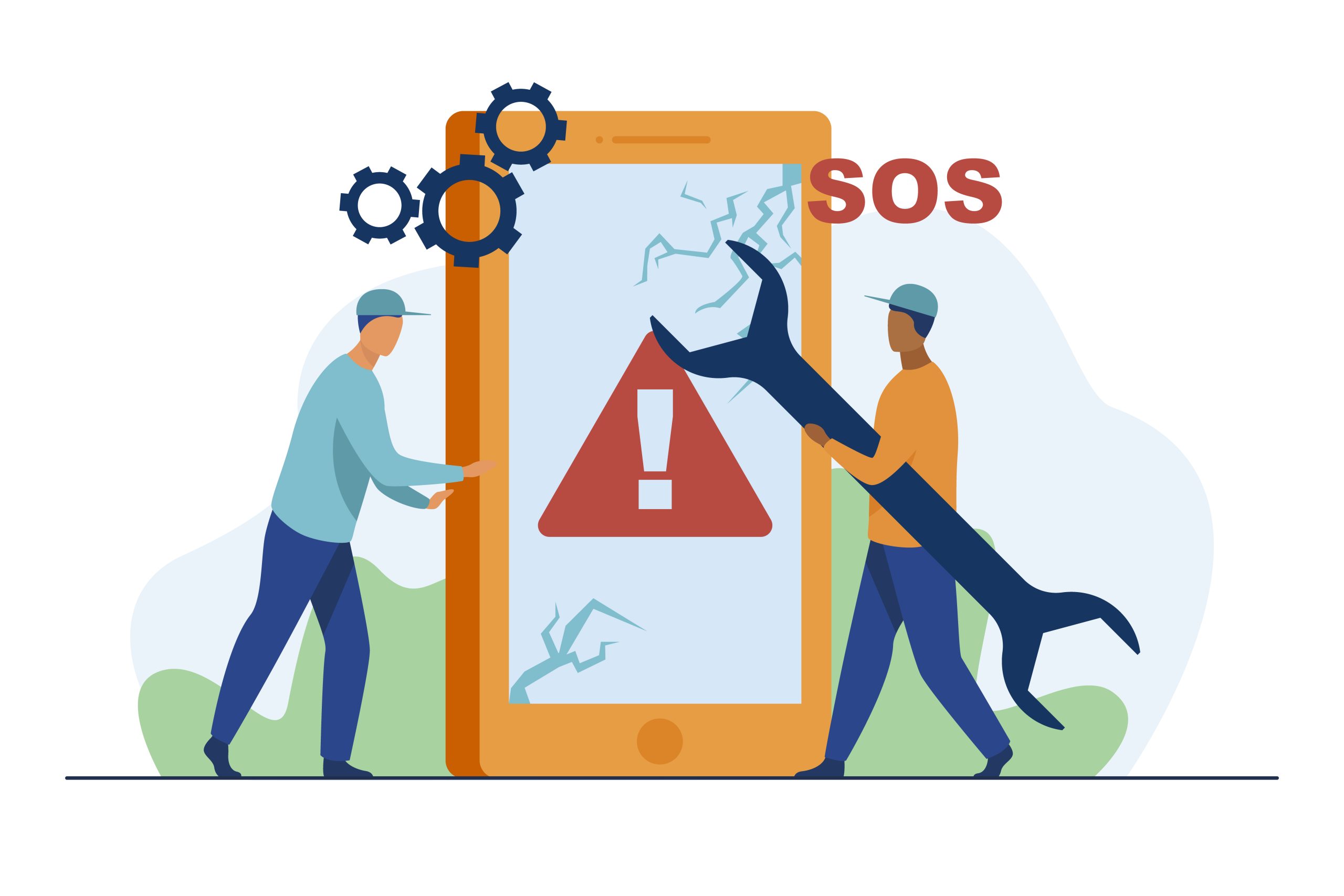In the web hosting industry, various aspects need to be monitored 24/7. As a website owner, you must depend upon your web hosting provider. Being a web hosting provider, it’s their responsibility to deal with such technical aspects to give relief to their customers.
First, we will see what is web hosting.
Web hosting is a service that helps individuals and organizations to bring their websites online on the Internet. Essentially, it involves storing the files, data, and content that make up a website on specialized computers called servers.
Here’s how web hosting works:
Website Files: When you create a website, you have various files like HTML, CSS, images, videos, etc. These files need to be stored somewhere so that they can be accessed by anyone who wants to visit your site.
Servers: Web hosting companies have powerful computers known as servers. These servers are designed to store and deliver websites to users’ browsers when they type in the website’s domain name (like www.example.com).
Domain Name: In order for people to access your website, they need to type in its domain name (like www.example.com). This domain name is linked to an IP address, which is the actual numerical address of the server where your website is hosted.
DNS: The Domain Name System (DNS) translates human-readable domain names into IP addresses. When someone enters a domain name in their browser, the DNS system helps in finding the correct IP address of the server hosting that website.
Internet Connection: The hosting servers are connected to the internet via high-speed connections to ensure that your website loads quickly for visitors.
Web Server Software: The servers are equipped with specialized software (e.g., Apache, Nginx) that understands how to respond to requests for web pages.
Delivering Content: When someone types in your domain name, their browser sends a request to the server associated with that domain. The server then processes this request and sends back the necessary files (HTML, CSS, images, etc.) to display the website in the user’s browser.
Continuous Availability: Web hosting companies ensure that their servers are operational and connected to the internet 24/7 so that your website is accessible at any time.
There are different types of web hosting, including:
Shared Hosting: In shared hosting, a huge no of websites are sharing the resources on the same server. Multiple websites share resources on the same server. This is a cost-effective option suitable for smaller websites or personal blogs.
VPS (Virtual Private Server) Hosting: A VPS hosting environment mimics a dedicated server within a larger physical server. It provides more control and resources than shared hosting.
Dedicated Hosting: In this scenario, you have an entire server dedicated solely to your website. This option provides maximum control and performance, but it’s also the most expensive.
Cloud Hosting: This type of hosting uses multiple interconnected servers, which can provide greater scalability and reliability.
Managed WordPress Hosting: Specifically tailored for WordPress websites, this type of hosting provides specialized features and support for WordPress-based sites.
Reseller Hosting: This allows individuals or businesses to resell hosting services, essentially acting as their own hosting company.
Understanding web hosting is crucial for anyone looking to launch a website, as it directly impacts the performance, security, and accessibility of your online presence.
Here, you’ll learn 10 common technical issues that you should depend upon the web hosting support team:
- Domain Name Configuration:
Assistance with domain registration, DNS settings, and domain propagation issues.
- SSL Certificate Installation:
Help with generating, installing, and configuring SSL certificates for secure connections (HTTPS).
- Server Downtime or Slow Performance:
Troubleshooting and resolving issues related to server load, resource allocation, or network problems affecting website speed or uptime.
- Email Configuration and Delivery Problems:
Assistance with setting up email accounts, resolving email sending or receiving issues, and ensuring proper configuration of email clients.
- Database Connection Issues:
Support for setting up and troubleshooting database connections, resolving errors, and optimizing database performance.
- File Upload and Permissions:
Help with file upload issues, directory permissions, and resolving errors related to file access.
- CMS and Software Installation:
Assistance with installing, updating, or configuring content management systems (e.g., WordPress, Joomla) and other software applications.
- Security and Malware Scanning:
Guidance on implementing security measures, performing malware scans, and resolving security-related issues.
- Backup and Data Recovery:
Help to set up automated backups, restore data, and recover from data loss incidents.
- Content or Website Migration:
Support for moving a website from one host to another, including transferring files, and databases, and ensuring proper configuration.
Read: Reasons for Website Down – Explained
Conclusion
Remember always to provide detailed information about the issue you’re experiencing when contacting your web hosting support team.
This will help them diagnose and resolve the problem more efficiently.
Additionally, be sure to keep backups of your website and data, as troubleshooting may sometimes involve making changes that could potentially lead to data loss.
